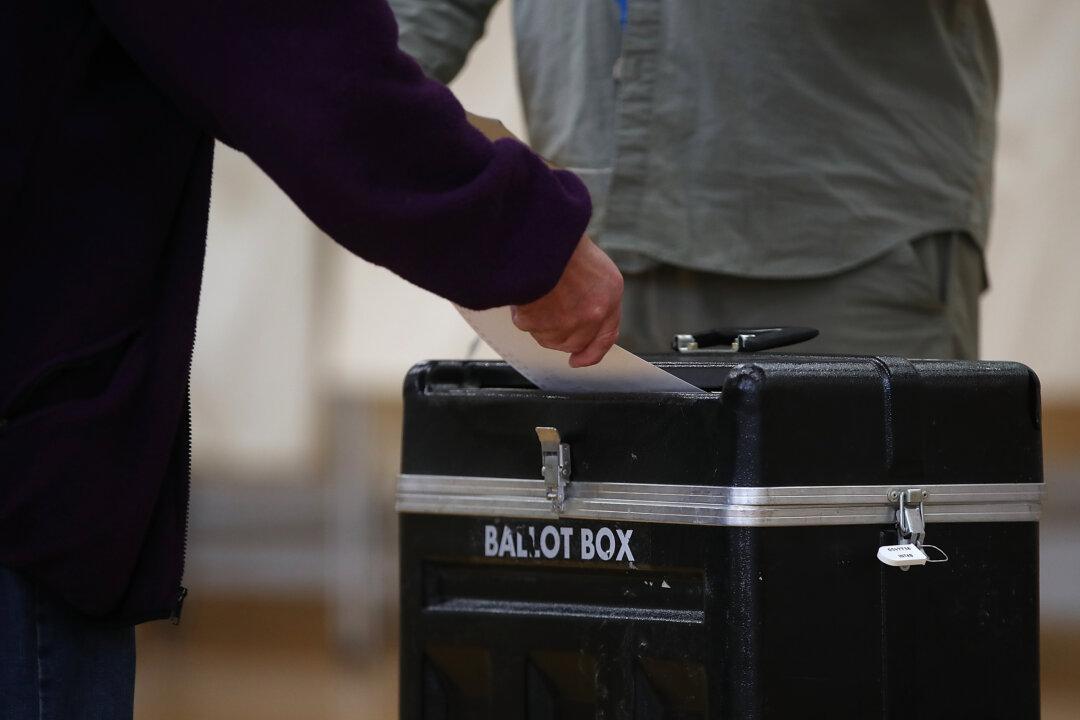Montana’s top court on May 17 restored election laws that prohibit same-day voter registration and impose voter identification requirements beyond those previously in place.
The state Supreme Court’s 4–1 decision means House Bill 176, which forbids voters from registering on the same day as an election, and Senate Bill 169, which eliminates school identification as the sole source of identification for voters, will be in effect for the June 7 primaries.





